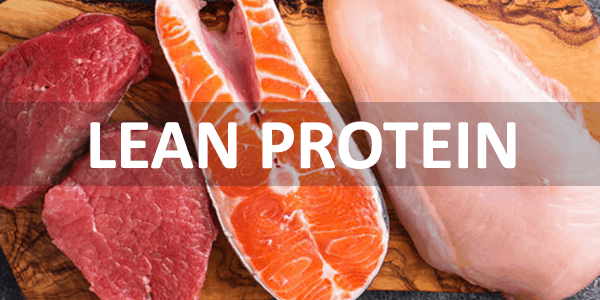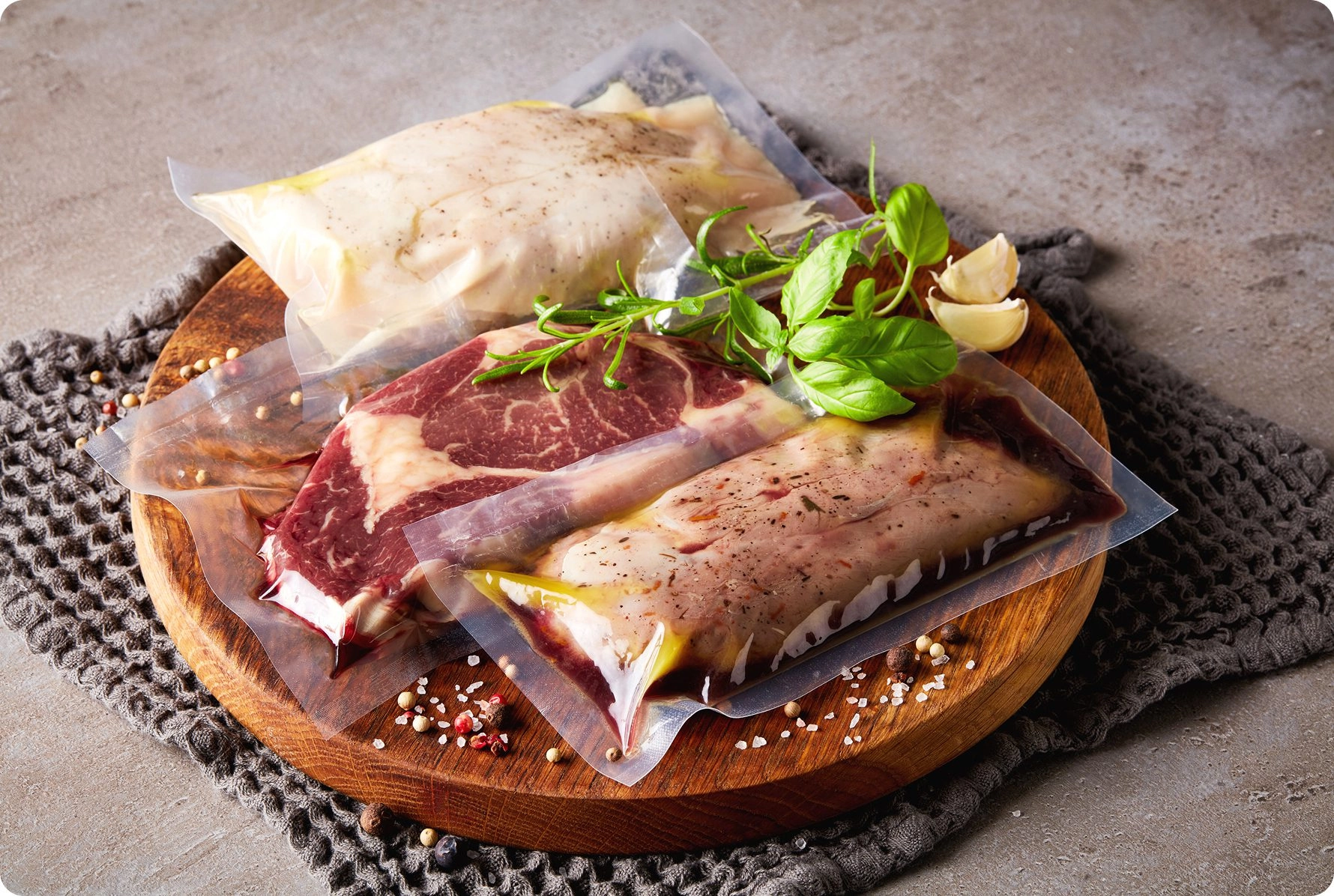Supporting the Rising Needs of America’s Food Banks with Miniat Sous-vide Proteins
Nationwide, nonprofit food banks safely store and distribute millions of pounds of food to local food programs. Prior to the Covid-19 crisis, nearly 35 million people received support from their neighborhood food pantries and school programs. While that number appears staggering, this was the lowest rate of food insecurity in more than 20 years.

As a result of Covid-related joblessness and skyrocketing unemployment rates driven by the pandemic, the demands on food banks have increased tremendously to rates we have not seen since The Great Depression. It is projected that in 2020 nearly 50 million individuals, equating to 1 in 6 people, including 1 in 4 children, will experience some level of food insecurity.
As a result of Covid-related joblessness and skyrocketing unemployment rates driven by the pandemic, the demands on food banks have increased tremendously to rates we have not seen since The Great Depression. It is projected that in 2020 nearly 50 million individuals, equating to 1 in 6 people, including 1 in 4 children, will experience some level of food insecurity.
LIMITED ACCESS TO QUALITY FOODS
For individuals receiving support from the Supplemental Nutrition Assistance Program (SNAP) and local food programs, access to high quality, nutritious foods can still remain limited to completely unavailable. Low cost and long shelf life often factor into the food selected by participants at the grocery store, stretching their SNAP benefits to provide as many meals as possible for their family.
In turn, the ability to manage highly perishable foods in a food bank or food pantry, often eliminates these options from programs as well. The fresh produce, milk, and meats that many American’s consume as part of a balanced diet, are simply too costly or inaccessible to those facing food insecurity.
Despite a lack of availability, the most commonly requested items at food pantries are:



CORONAVIRUS FOOD ASSISTANCE PROGRAM

In April of this year, the USDA exercised its authority under the Families First Coronavirus Response Act to purchase and distribute agricultural products to those in need. The Farmers to Families program supplies boxes of fresh fruits and vegetables, dairy products, and meat products. Distributors package these products into family-sized boxes, then transport them to food banks, community and faith-based organizations, and other non-profits serving Americans in need. As of August, 75 million food boxes have been delivered. An additional $1 billion in funding has been approved for the program this year, in response to the continued impact of the pandemic.
“I couldn’t be prouder of the great job done by the food box program staff and the many farmers, distributors and non-profits that helped to get this program off the ground for the American people. Each of these milestones is marked by pride and has required hours of hard work and dedication from USDA employees, farmers, ranchers, distributors and the brave volunteers of countless non-profits going the last mile to reach Americans in need. We are well into the second round of deliveries and we’re working harder than ever to continue to build on the success of the program.”
USDA Secretary Sonny Perdue
ADDITIONAL PROGRAM BENEFITS
In addition to providing much-needed products to food banks for distribution, the program also has helped support the agricultural supply chain that was facing similar challenges in decreased demand, erratic planning, and workforce reduction. Fulfilling orders from the USDA Farmers to Families Program provides additional stability to these businesses, their employees, and the local communities.
MINIAT’S PARTICIPATION IN THE FARMERS TO FAMILIES PROGRAM
As a manufacturer of custom-crafted protein solutions, Miniat was selected as a supplier in the USDA’s Farmers to Families Program. Lean proteins are one of the most widely requested items at food banks. Individuals know that meat provides many beneficial nutrients to support a healthy diet. This is particularly true for children who benefit greatly from eating a diet that includes animal proteins. During the Fall, Miniat supplied our sous-vide, precooked and frozen proteins to this important program.
Our family business was extremely honored to support the parents, children, and individuals experiencing food insecurity during the ongoing Covid-19 crisis, through our participation in the USDA’s Farmers to Families Program.


